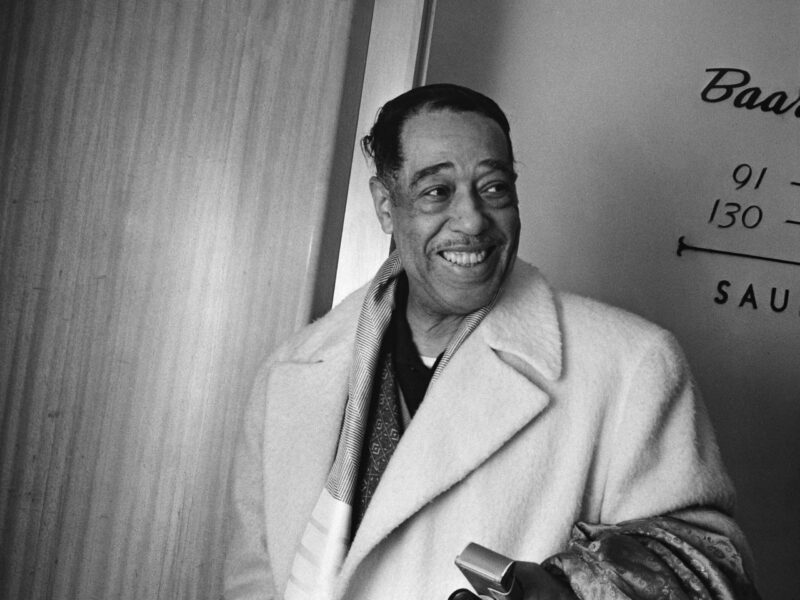Just read (and liked) Harper Lee’s Go Set a Watchman.
Well, let me put it this way: I downloaded it on iBooks and finished it a couple days later. (Note to self: Time to delete all those books clogging iBooks account in various stages of “un-readness.”)
I must say that I’m a bit taken aback by the various vociferous reactions people have expressed about the book, some of the strongest curiously coming from those who haven’t actually read it. Perhaps you’ve seen the various “reviews” out there with titles along the lines of “Why I Won’t Be Reading Go Set a Watchman.” I guess I don’t get it.
As a student and teacher of history, I believe that the historian’s most important tool is an informed, ever-developing frame of reference. So, I thought I’d take a shot at a top-10 list of points to consider for those reading (or considering reading) the book.
1. In case you’ve been living under a rock, the book was written in 1957 by Harper Lee, author of the 1960 Pulitzer Prize-winning novel To Kill a Mockingbird.
2. Watchman was written, submitted… and rejected… for publication three full years before Mockingbird went into print.
3. Although initially rejecting the book, the publisher apparently saw enough promise in the young Harper Lee to work with her through several drafts. Those drafts evolved into Mockingbird.
4. The original manuscript for Watchman, either forgotten or ignored for over half a century, was first discovered in a safe deposit box in 2011. Last summer, Harper Lee agreed to its publication. There has been controversy, apparently since dismissed, that Lee, approaching 90, was not of sound mind in making this decision. (She had earlier consistently stated that Mockingbird would stand alone as her only published novel.) Some believe she may have been subjected to undue pressure from overzealous agents. In any case, it was published this month unedited from its original 1957 form.
5. It’s weird, but Watchman could alternately and/or simultaneously be considered both a prequel and a sequel to Mockingbird. Although it was indisputably written first, it tells the story of Scout and Atticus Finch 20+- years after. In other words, whereas Mockingbird is written from the perspective of a little girl coming of age in a rural Alabama town, Watchman’s story is told through the perspective of the mid-20s Scout, now living in NYC, who has returned to that same Alabama town for a visit.
6. Without giving too much of the plot away – And truth be told, there isn’t all that much of it to give away in the first place. – the aforementioned vociferous reactions have targeted the differing racial attitudes expressed by Atticus and others in the two different books. Concerning this, the next four bullets present points to keep in mind.
7. First, understand and consider that neither book was written with the other in mind. Let us realize that we live in a time when our current frame of reference has been conditioned to expect sequels from Harry Potter and The Hunger Games, to say nothing of Dumb and Dumber. (OK, who’s psyched for Sharknado 3?!?!?!) Not only was Lee thinking of neither sequel or prequel, she didn’t even know she was writing a different book than the one she had already submitted. When Mockingbird went to print, I suspect she was thinking, “Thank God, I’m finally done with my book” (note singular).
8. Second, be wary of observing and assessing 1957 racial attitudes through 2015 eyeglasses. Remember that we’re talking pre-JFK, pre-King, pre-Selma, pre-Woolworth’s Lunch Counter, pre-Civil Rights Act of 1964, pre-Malcolm X, pre-Panthers, pre-Ali, pre-Motown, pre-James Brown “Say It Loud!…”, pre-Shaft, pre-…well, point made.
9. Third, it’s fiction. For sure, the two books present Atticus Finch in two different lights. But both (and neither) are real because… both are fiction.
10. Fourth (and Finally), It’s not a great book. (See #6.) But we already knew that. Again, it was rejected for publication in 1957 (when I was 3) only to be dusted off and published (in unedited form) in 2015 (when I am 61). I’m thinking that its 50-plus-year hibernation in a safe deposit box didn’t prepare it to be reborn as a dynamic new genie. I’m also thinking that in terms of frame of reference expansion, it’s a potential game-changer.
So, will I read it again? Probably not. But I just may dust off my copy of To Kill a Mockingbird. One thing for sure, the two books together (and separately) have made me think long and hard about some of my own attitudes. Hats off to Harper Lee for making that happen… again.
Onward, Malcolm Gauld


